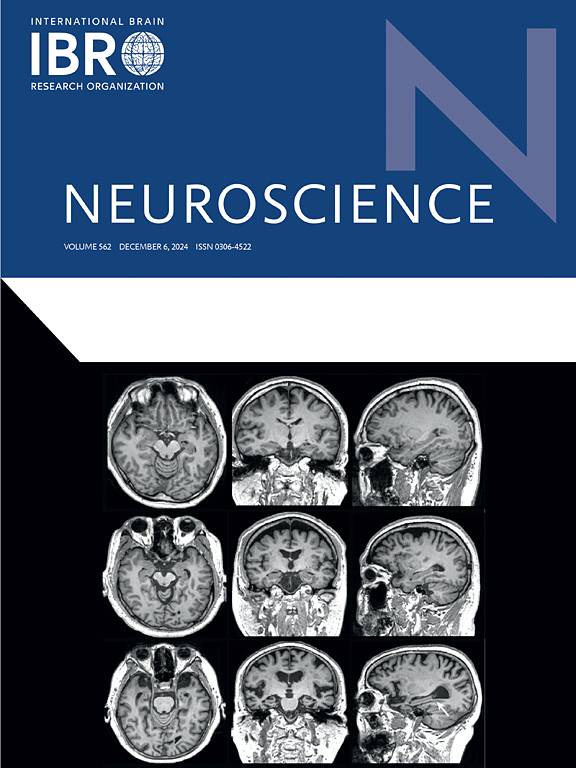Tips for quality publishing; lessons from the neuroscience editorial team
IF 2.9
3区 医学
Q2 NEUROSCIENCES
引用次数: 0
Abstract
In pursuit of excellence in scholarly publishing, the Neuroscience editorial team shares valuable insights that are essential for authors, reviewers, and the broader scientific community. Firstly, we emphasize that impactful research is built on rigorous study design and execution. Beyond fundamental methodological safeguards such as randomization and blinded analysis, we highlight the importance of thoughtfully selecting study models, with deliberate attention to biological variables like sex and gender, as well as appropriate nomenclature. Secondly, as technological innovations reshape research landscapes, we advocate for combining methodological rigor with suitable analytical tools to ensure robust data collection and transparent reporting. Thirdly, for manuscripts reaching the revision stage, we frame the response to reviewers as a strategic process that requires objectivity, diplomacy, and evidence-based rebuttals where necessary. Finally, we call for intentional prioritization of inclusivity and diversity across all stages of scientific inquiry – from laboratory collaborations to editorial decisions – and urge stakeholders to actively counteract implicit biases in manuscript evaluation and citation practices. By embedding these principles into the scientific workflow, we argue that the research community can foster not only greater rigor but also a more equitable and innovative scholarly ecosystem.
关于高质量出版的建议;神经科学编辑团队的经验教训。
为了追求卓越的学术出版,神经科学编辑团队分享对作者、审稿人和更广泛的科学界至关重要的有价值的见解。首先,我们强调有影响力的研究建立在严格的研究设计和执行的基础上。除了基本的方法保障,如随机化和盲法分析,我们强调深思熟虑地选择研究模型的重要性,刻意关注生理变量,如性别和社会性别,以及适当的命名法。其次,随着技术创新重塑研究格局,我们提倡将严谨的方法与合适的分析工具相结合,以确保可靠的数据收集和透明的报告。第三,对于到达修改阶段的手稿,我们将对审稿人的回应定义为一个战略过程,需要客观性、外交手段和必要时基于证据的反驳。最后,我们呼吁在科学探究的各个阶段——从实验室合作到编辑决策——有意识地优先考虑包容性和多样性,并敦促利益相关者积极抵制手稿评估和引文实践中的隐性偏见。通过将这些原则嵌入到科学工作流程中,我们认为研究界不仅可以促进更严格的研究,还可以促进更公平和创新的学术生态系统。
本文章由计算机程序翻译,如有差异,请以英文原文为准。
求助全文
约1分钟内获得全文
求助全文
来源期刊

Neuroscience
医学-神经科学
CiteScore
6.20
自引率
0.00%
发文量
394
审稿时长
52 days
期刊介绍:
Neuroscience publishes papers describing the results of original research on any aspect of the scientific study of the nervous system. Any paper, however short, will be considered for publication provided that it reports significant, new and carefully confirmed findings with full experimental details.
 求助内容:
求助内容: 应助结果提醒方式:
应助结果提醒方式:


